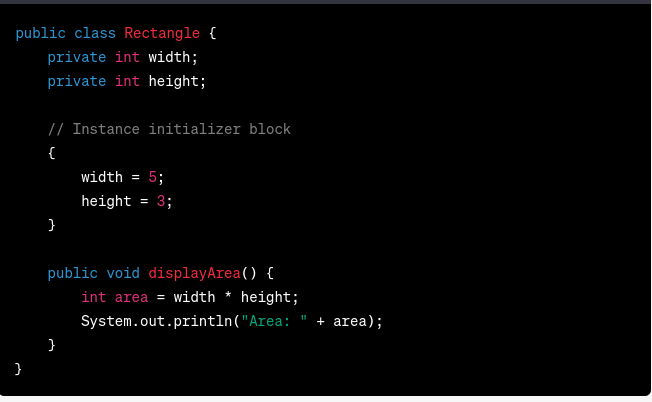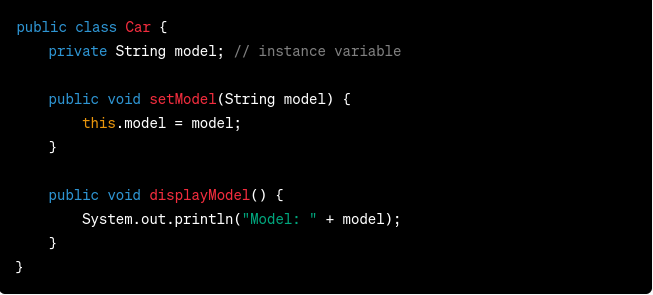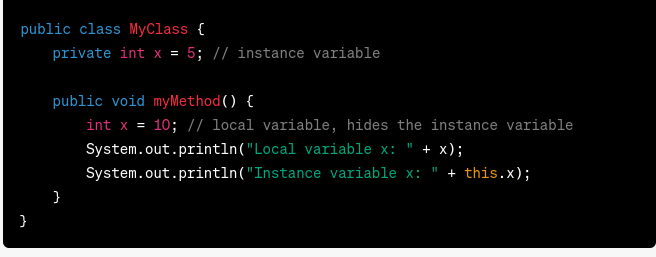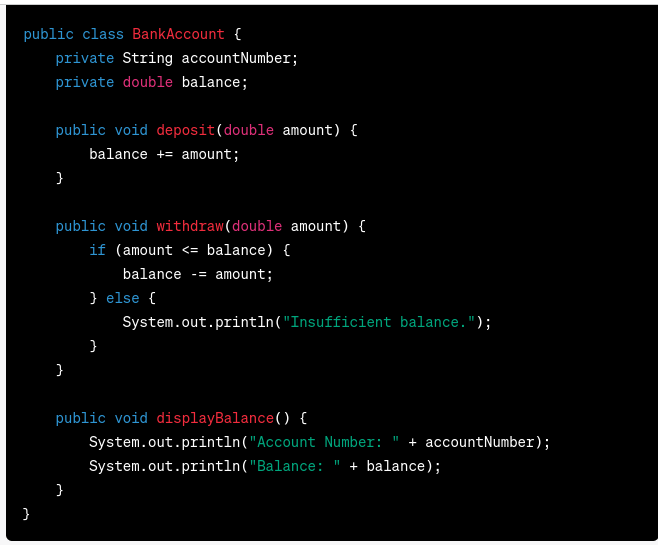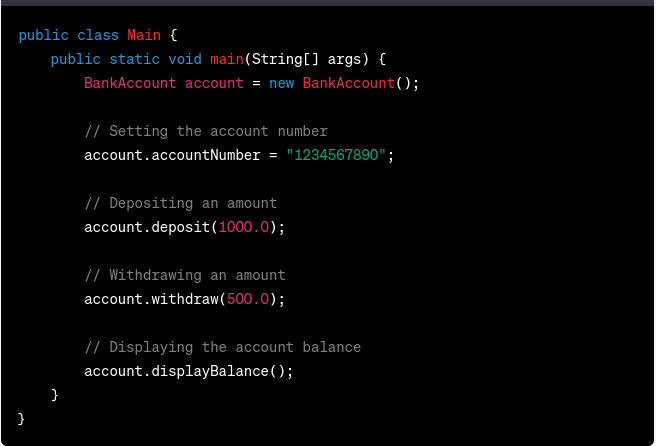For working professionals
For fresh graduates
- Study abroad
More
- Executive Doctor of Business Administration from SSBM
- Doctorate in Business Administration by Edgewood College
- Doctorate of Business Administration (DBA) from ESGCI, Paris
- Doctor of Business Administration From Golden Gate University
- Doctor of Business Administration from Rushford Business School, Switzerland
- Post Graduate Certificate in Data Science & AI (Executive)
- Gen AI Foundations Certificate Program from Microsoft
- Gen AI Mastery Certificate for Data Analysis
- Gen AI Mastery Certificate for Software Development
- Gen AI Mastery Certificate for Managerial Excellence
- Gen AI Mastery Certificate for Content Creation
- Post Graduate Certificate in Product Management from Duke CE
- Human Resource Analytics Course from IIM-K
- Directorship & Board Advisory Certification
- Gen AI Foundations Certificate Program from Microsoft
- CSM® Certification Training
- CSPO® Certification Training
- PMP® Certification Training
- SAFe® 6.0 Product Owner Product Manager (POPM) Certification
- Post Graduate Certificate in Product Management from Duke CE
- Professional Certificate Program in Cloud Computing and DevOps
- Python Programming Course
- Executive Post Graduate Programme in Software Dev. - Full Stack
- AWS Solutions Architect Training
- AWS Cloud Practitioner Essentials
- AWS Technical Essentials
- The U & AI GenAI Certificate Program from Microsoft
6. JDK in Java
7. C++ Vs Java
16. Java If-else
18. Loops in Java
20. For Loop in Java
46. Packages in Java
53. Java Collection
56. Generics In Java
57. Java Interfaces
60. Streams in Java
63. Thread in Java
67. Deadlock in Java
74. Applet in Java
75. Java Swing
76. Java Frameworks
78. JUnit Testing
81. Jar file in Java
82. Java Clean Code
86. Java 8 features
87. String in Java
93. HashMap in Java
98. Enum in Java
101. Hashcode in Java
105. Linked List in Java
109. Array Length in Java
111. Split in java
112. Map In Java
115. HashSet in Java
118. DateFormat in Java
121. Java List Size
122. Java APIs
128. Identifiers in Java
130. Set in Java
132. Try Catch in Java
133. Bubble Sort in Java
135. Queue in Java
142. Jagged Array in Java
144. Java String Format
145. Replace in Java
146. charAt() in Java
147. CompareTo in Java
151. parseInt in Java
153. Abstraction in Java
154. String Input in Java
156. instanceof in Java
157. Math Floor in Java
158. Selection Sort Java
159. int to char in Java
164. Deque in Java
172. Trim in Java
173. RxJava
174. Recursion in Java
175. HashSet Java
177. Square Root in Java
190. Javafx
Instance variables in Java
Introduction:
Instance variables in Java are a fundamental aspect of programming. They play a crucial role in object-oriented programming. In Java, instance variables are used to define the state of an object and hold data unique to each instance of a class. By understanding how to declare, initialize, and utilize instance variables effectively, you can create robust and flexible Java programs. In this comprehensive guide, we will explore the concept of instance variables in Java, their advantages and disadvantages, default values, differences from other types of variables, and their various other features. Let's delve into the world of instance variables and enhance our understanding of Java programming.
Instance Variables in Java:
Instance variables, also known as non-static variables, are declared within a class but outside any method, constructor, or block. They are associated with individual objects of a class and hold values specific to each instance. These variables enable the storage and manipulation of data within an object, making it distinct and independent.
Instance Initializer Block in Java:
Instance initializer blocks provide a way to initialize instance variables. They are enclosed within curly braces and executed when an object of the class is created just before the constructor is called. By using instance initializer blocks, you can perform complex initialization tasks and ensure that instance variables are set to the desired values before any method invocation.
In the following example, we have a Rectangle class with two instance variables: width and height. The instance initializer block initializes the instance variables before any method or constructor is invoked.
In the above code, the instance initializer block is denoted by the curly braces {}. It is executed when an object of the Rectangle class is created just before the constructor is called. In this case, the instance initializer block sets the width to 5 and the height to 3. This ensures that the instance variables have the desired initial values for each instance of the Rectangle class.
Advantages and Disadvantages of Instance Variables in Java:
Instance variables offer several advantages. They allow for the creation of objects with unique attributes, enabling the modeling of real-world entities. Additionally, instance variables preserve data across method invocations, ensuring that an object's state is maintained. However, excessive use of instance variables can lead to increased memory consumption, and improper synchronization can result in potential data inconsistencies.
Default Values of Instance Variables in Java:
If instance variables are not explicitly initialized, they are assigned default values. Numeric types are set to 0, boolean types to false, and references to null. This ensures that instance variables have valid values even if they are not explicitly assigned, reducing the risk of null pointer exceptions.
Difference Between Member Variables and Local Variables in Java:
Member Variables (Instance Variables) | Local Variables |
Declared within a class but outside any method or constructor. | Declared within a method, constructor, or block. |
Associated with instances of a class and hold values specific to each instance. | Limited to the scope of the method, constructor, or block in which they are declared. |
Default values are assigned if not explicitly initialized. | They must be explicitly initialized before use. |
Can have access modifiers (public, private, protected) to control visibility and access. | Cannot have access modifiers. |
Can be accessed and modified throughout the class, including within methods and constructors. | Can only be accessed and modified within the scope in which they are declared. |
Each instance of a class has its own copy of member variables. | Local variables are re-created and initialized each time the method, constructor, or block is executed. |
Can be accessed using object references. | Cannot be accessed outside the scope in which they are declared. |
Preserve their values across method invocations. | Local variables lose their values once the method, constructor, or block completes execution. |
Can have default values if not explicitly initialized (e.g., numeric types default to 0, boolean defaults to false, and object references default to null). | There are no default values; they must be explicitly initialized before use. |
Useful for storing object-specific data and maintaining state within an object. | Useful for temporary storage of data within a specific method or block. |
Understanding the distinctions between member variables and local variables is critical for effective data management and ensuring variable scope and access within Java programs.
Declare an Instance Variable:
To declare an instance variable, you need to specify the access modifier (public, private, or protected), the data type, and the variable name. This allows you to define the characteristics of the instance variable, such as its visibility and the type of data it can hold.
Let’s try to explain the concept with the following example:
In this example, we have a Car class with an instance variable called a model. Instance variables are declared within a class but outside any method, constructor, or block. They are associated with individual objects and hold values specific to each instance.
In the above code, the Car class has an instance variable model of type String. The setModel() method allows us to set the value of the model variable, and the displayModel() method displays the value of the model variable. Each instance of the Car class will have its own model variable, enabling the storage of unique data for each car object.
Difference Between Instance and Static Variables:
Instance variables are specific to each instance of a class and are accessed using an object reference. In contrast, static variables, also known as class variables, are shared among all instances of a class and are accessed directly through the class name.
Instance Variable Hiding in Java:
Instance variable hiding occurs when a local variable or method parameter shares the same name as it. In such cases, the local variable or parameter takes precedence, temporarily hiding the instance variable within the scope of the method or block. Let’s consider the following example:
In this example, we have a MyClass class with an instance variable x and a method myMethod(). Inside the myMethod() also exists a local variable named x. The local variable x temporarily hides the instance variable x.
In the above code, we have an instance variable x with a value of 5. Inside the myMethod() method, a local variable x with a value of 10 is declared. The local variable x takes precedence within the method, temporarily hiding the instance variable x. By using this keyword, we can access the instance variable x even though it is hidden by the local variable.
To see the output, we need to create an instance of the MyClass class and invoke the myMethod() method. Here's the code for that:
Let's run the program now and look at the output:
Difference Between Class Variables and Instance Variables in Java:
Class variables (static variables) are associated with the class itself and are shared among all instances of the class. In contrast, instance variables are unique to each instance of the class and have their own copy. Class variables are initialized only once at the time of class loading, while instance variables are initialized each time an object is created.
Features of an Instance Variable:
Instance variables possess specific features that distinguish them from other types of variables in Java. They belong to the object of a class and are accessible within any non-static context. Instance variables have default values if not explicitly initialized, and each instance of a class has its own copy. They can be accessed using object references, allowing for dynamic manipulation of data.
When should one use instance methods in Java?
Instance methods are associated with an instance of a class and can access instance variables and other non-static members. They are used when you need to perform operations on individual objects and utilize the state stored in instance variables. Instance methods provide a way to encapsulate behavior within objects and promote object-oriented principles.
Let us look at an example comprising an instance method and instance variables.
In this example, we have a BankAccount class with instance variables accountNumber and balance. The instance methods deposit(), withdraw(), and displayBalance() operate on the instance variables, allowing us to manipulate and access the account details specific to each instance of the BankAccount class.
To invoke the BankAccount class's functions, we must create an instance of the class and call on its methods. The following demonstrates how to invoke each of the three functions:
Output:
Explanation:
In the Main class, the new keyword is used to create an instance of the BankAccount class: BankAccount account = new BankAccount();
The dot operator is utilized to set the accountNumber instance variable: account.accountNumber equals "1234567890"
Using the deposit() method, we deposit $1000.00 into the account: account.deposit($1000.00);
Using the withdraw() method, we withdraw 500.0 from the account: account.withdraw(500.0);
Invoking the displayBalance() method displays the account balance and account identifier. account.displayBalance();
The output indicates the account number and balance of the bank account following deposit and withdrawal operations. In this instance, it is "1234567890", and $500 respectively.
By invoking the BankAccount class's functions, we can execute operations such as depositing, withdrawing, and displaying the account balance for a particular bank account instance.
Key Takeaways:
- Instance variables hold data specific to each instance of a class and define the state of an object.
- Instance initializer blocks allow for complex initialization of instance variables.
- Advantages of instance variables include the ability to model real-world entities and preserve data across method invocations.
- Default values are assigned to instance variables if not explicitly initialized.
- Instance variables differ from local variables and are accessible throughout the class.
- Care must be taken to avoid instance variable hiding and understand the differences between class and instance variables.
- Instance methods are used to perform operations on individual objects and utilize instance variables.
- Mastering instance variables allows you to create more efficient and flexible Java programs.
Conclusion:
Instance variables are a crucial component of Java programming, enabling the storage of object-specific data and maintaining the state within an object. By effectively using instance variables, you can create flexible and modular Java programs that accurately represent real-world entities. Understanding how to declare, initialize, and manipulate instance variables is essential for developing robust object-oriented code. So keep exploring the world of instance variables and harnessing their power to build powerful and scalable Java applications.
FAQs:
Q1: What is an example of a functional interface in Java?
A Java functional interface example is the consumer interface. It represents an operation that takes in a single input and performs some action on it without returning any result. The Consumer interface has a single abstract method called accept(), which specifies the operation to be performed.
Q2: Can you provide an example of a functional interface in Java 8?
One example of a functional interface in Java 8 is the java.util.function.Predicate interface, which has a single abstract method named test(). It can be used to test a condition and return a boolean value.
Q3: What are some predefined functional interfaces in Java?
Java provides several predefined functional interfaces in the java.util.function package. They include Function, Supplier, Consumer, and Predicate. These interfaces offer commonly used functional abstractions for different types of operations.
Q4: How can I get a list of functional interfaces in Java?
You can find a list of functional interfaces in the official Java documentation. The java.util.function package contains many predefined functional interfaces that you can use in your Java programs.
-9cd0a42cab014b9e8d6d4c4ba3f27ab1.webp&w=3840&q=75)
Take the Free Quiz on Java
Answer quick questions and assess your Java knowledge


Author|900 articles published


upGrad Learner Support
Talk to our experts. We are available 7 days a week, 9 AM to 12 AM (midnight)
Indian Nationals
1800 210 2020
Foreign Nationals
+918068792934
Disclaimer
1.The above statistics depend on various factors and individual results may vary. Past performance is no guarantee of future results.
2.The student assumes full responsibility for all expenses associated with visas, travel, & related costs. upGrad does not provide any a.

